The Motorist Guide to road trip essentials in Philippines
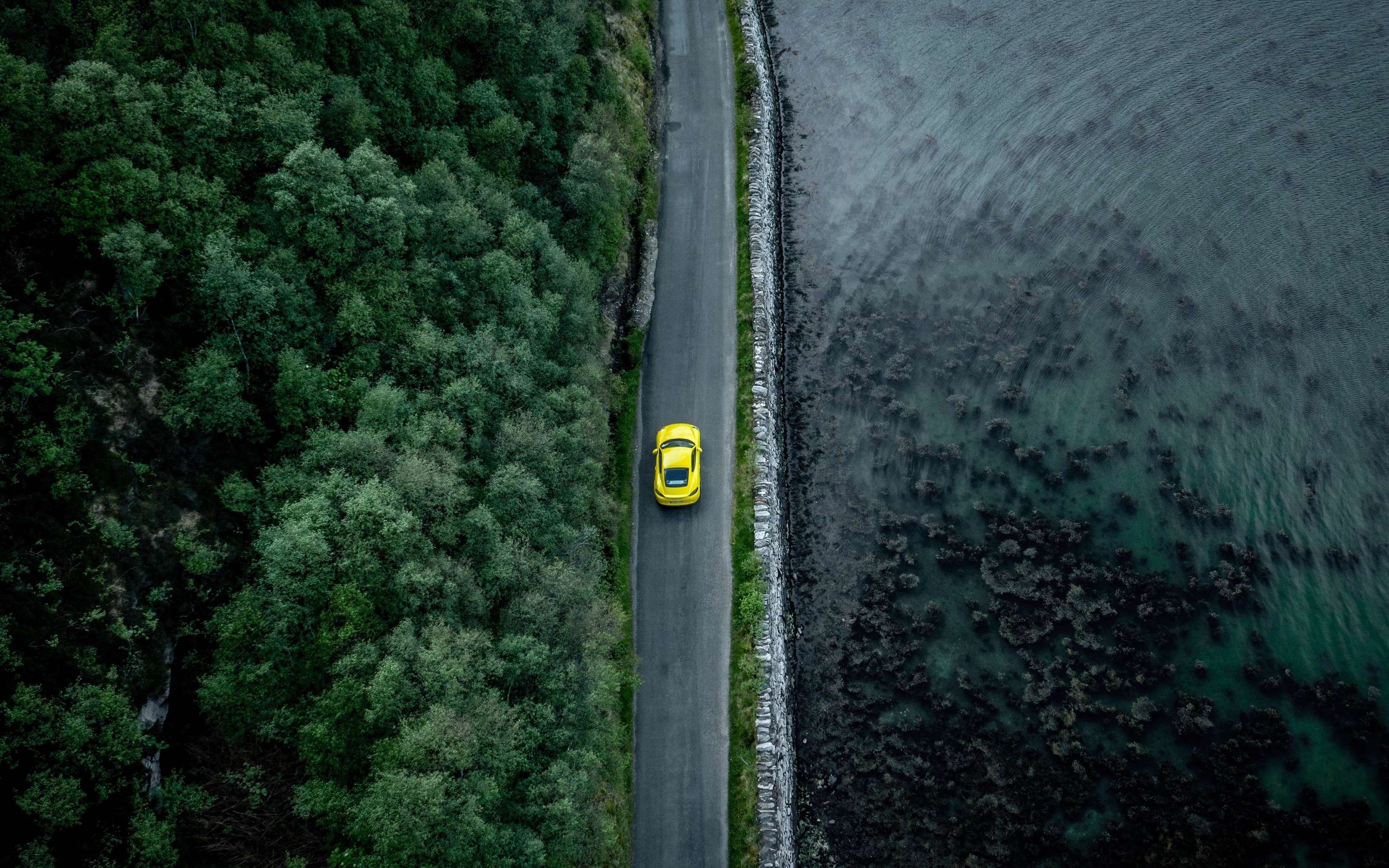
Ensuring a safe and secure journey should be a top priority. We delve into these essential road-trip tips to help you hit the open road with greater confidence.
Heading out on a road trip is like diving into an exciting adventure, giving you the freedom to discover new places and make unforgettable memories. But, let's be real – we want to make sure we stay safe and secure during our road trips. In this Motorist Guide, we're digging into the must-know safety measures and emergency prep tips. We want you to cruise down the open road feeling totally confident and ready for whatever comes your way.
Before You Hit The Road
Vehicle Inspection

Before you hit the road, take a moment to give your car a quick once-over. Make sure your tires are properly inflated, check that your fluids are topped up, and give your brakes and lights a quick test. It's always better to spot and fix any issues now, rather than dealing with them on the road. A little bit of prep can go a long way towards ensuring a safe and smooth journey.
Route Planning
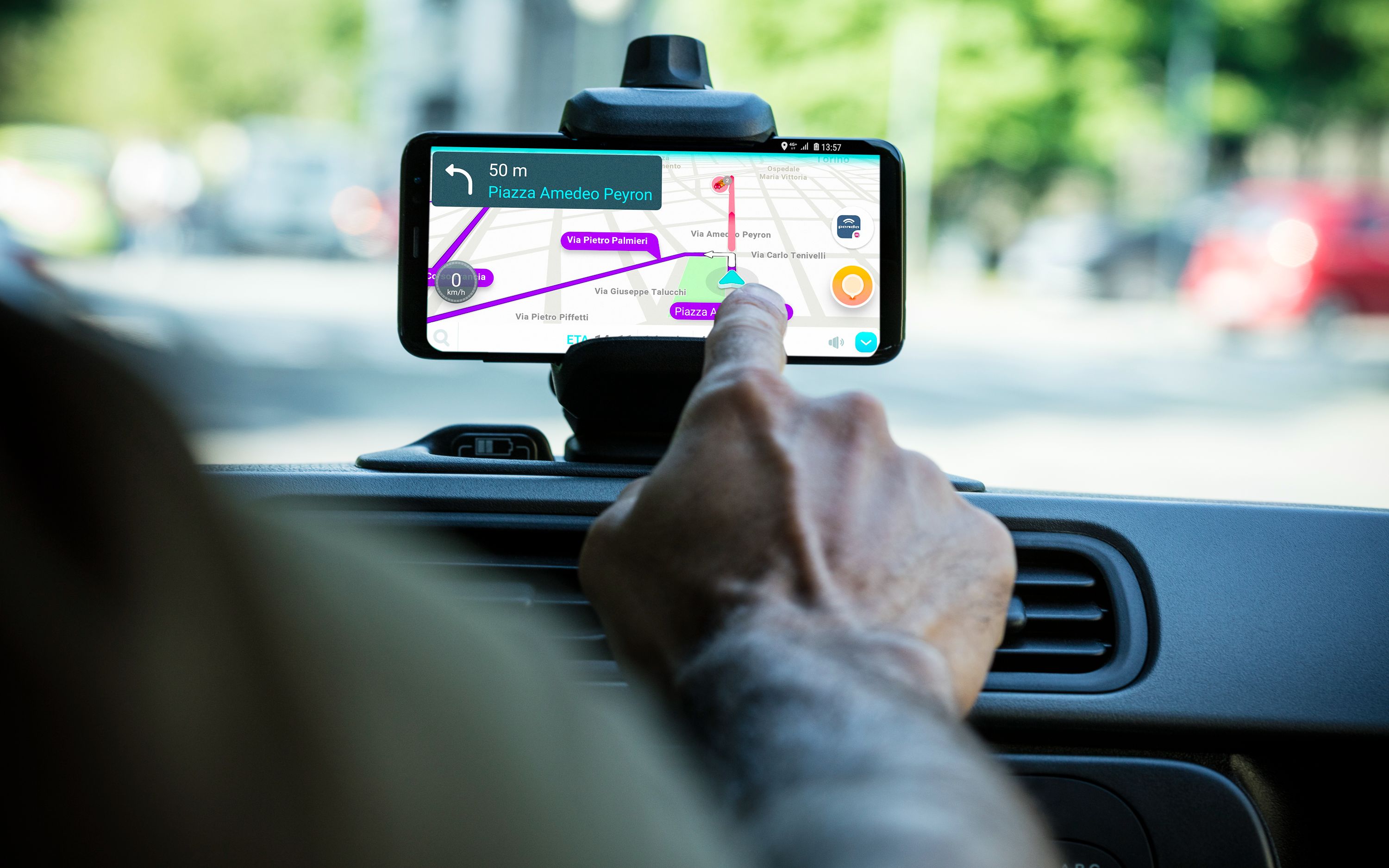
Make sure to map out your trip ahead of time, and let a friend or family member know your plan. It's a good idea to have someone who knows where you are, just in case you need a bit of help along the way. Don't forget to use GPS apps such as Waze and Google Maps – they're great for keeping you on track with real-time directions. This little bit of planning can make your journey smoother and keep your loved ones in the loop.
Weather Check
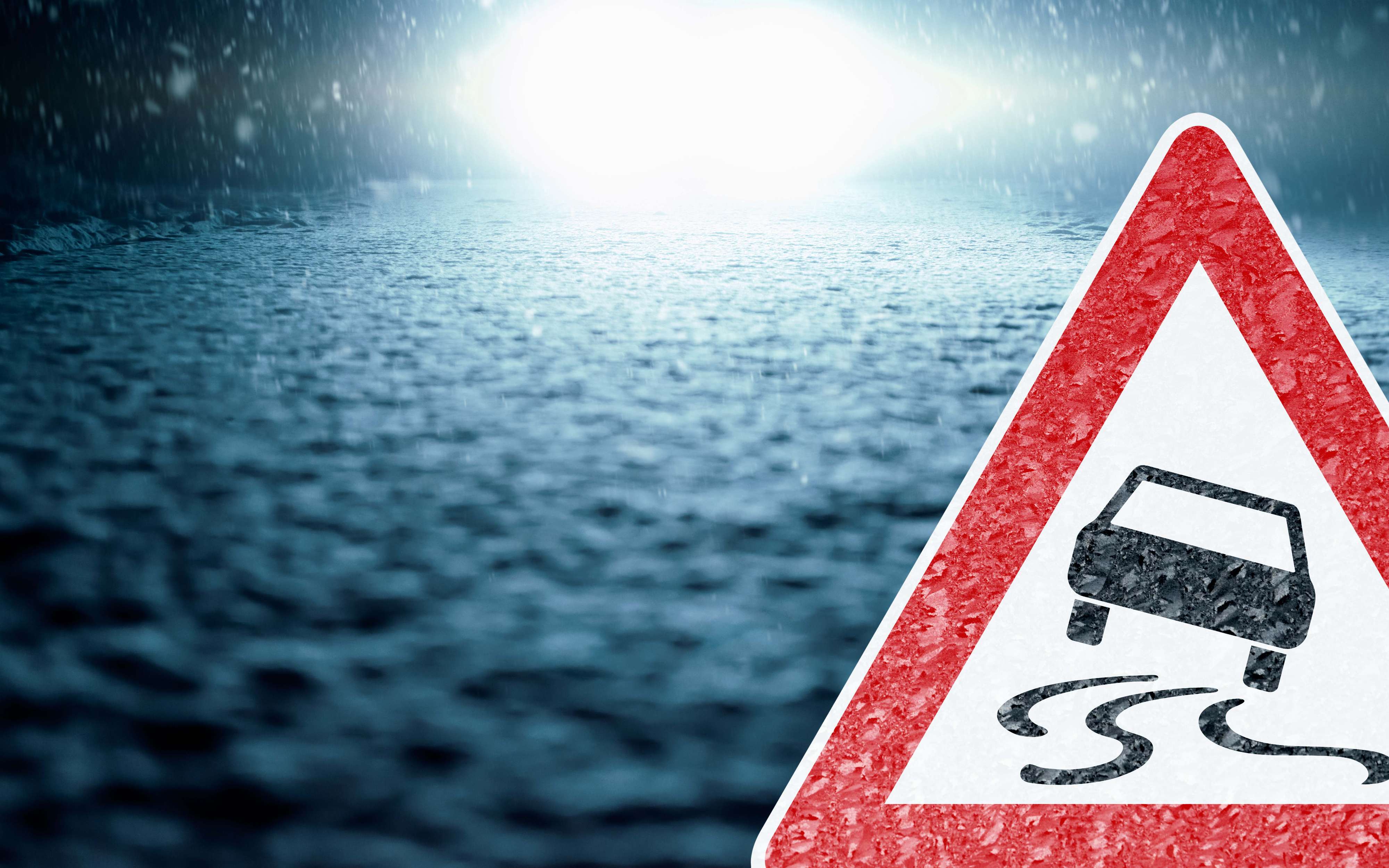
Make sure to stay in the loop with the local weather forecast while you're on the road. Surprises in the weather can really throw a wrench in your travel plans and impact your safety on the road. It's a good idea to have a backup plan and be flexible. If it looks like bad weather's on the horizon, don't hesitate to postpone your trip to stay safe.
Safety On The Road
Regular Breaks
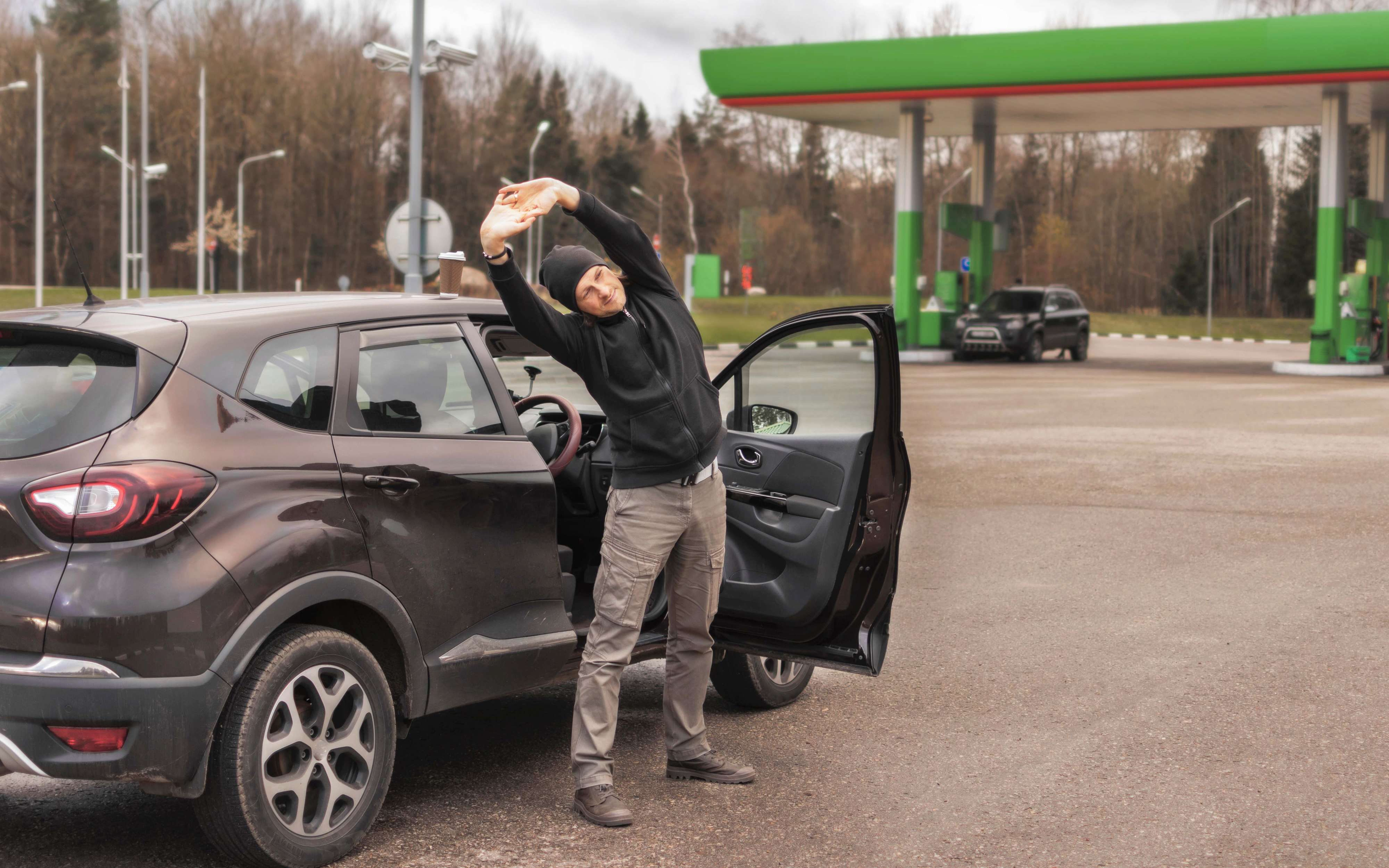
The goal of long-distance driving is to arrive safely and in good spirits. Speed should not be your primary focus. Long road trips demand frequent rest stops, as fatigue not only affects your concentration but also dulls your reflexes and judgement, increasing the danger of having an accident.
You should also be aware of overall bodily discomfort, such as muscle aches in the neck, arms and shoulders, or blurred vision. This is your body telling you it needs a break.
Turning the music up, drinking caffeine or stopping to stretch your legs may all be short-term fixes, but they do not cure tiredness. Therefore, if you start to feel sleepy behind the wheel, either trade places with another driver or pull over at a safe spot, away from traffic, to take a nap before resuming the journey.
Seatbelt Usage

While it might seem like common knowledge, it's always worth reminding everyone about the importance of buckling up. Before you set off on your road trip, take a moment to ensure that everyone in the car has their seatbelt fastened. It's a simple step, but it's crucial for safety. Seatbelts are lifesavers, significantly reducing the risk of getting hurt if an accident happens. So, let's make it a habit to click that belt – it's a small action that can make a big difference in keeping us all safe on the road.
Avoid Distractions

Remember, it's super important to stay focused on the road – "No Texting While Driving" isn't just a saying. Distracted driving causes way too many accidents. A good tip? Just put your phone on silent or switch it to driving mode to cut down on those pesky distractions. And hey, if you really need to take a call or reply to a message – just pull over safely first. It's a small move that makes a big difference for everyone's safety out there, including yourself and your fellow road-trippers on board.
Emergency Preparedness
Car Emergency Kit
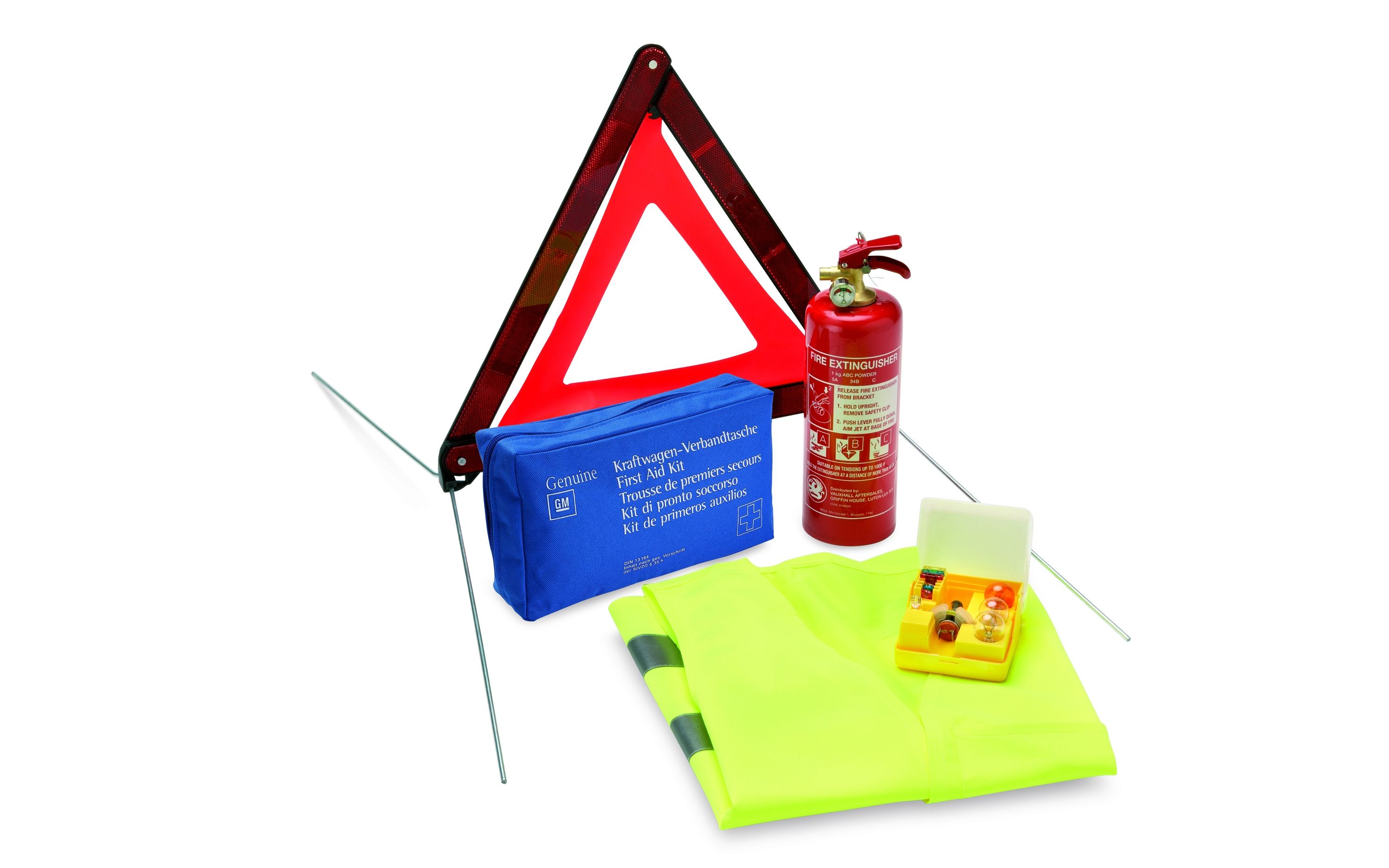
Make sure your car has a well-stocked emergency kit. This should include essentials like a first aid kit, a sturdy torchlight, jumper cables, some basic tools, a tyre inflator kit, a pair of gloves, and a small fire extinguisher. Regularly give your kit a quick check to ensure everything is there and in good shape. It's a simple way to stay safe and ready for anything on the road.
Emergency Contacts

Make sure to put together a handy list of important contacts you might need in a pinch. This includes your go-to folks for roadside help, the nearest towing service, and of course, numbers of family and friends you can call on for help if needed. Pop this list in your phone and stash a paper copy in your car too – you never know when you might need it, especially if something unexpected comes up while you're out and about.
Communication Devices
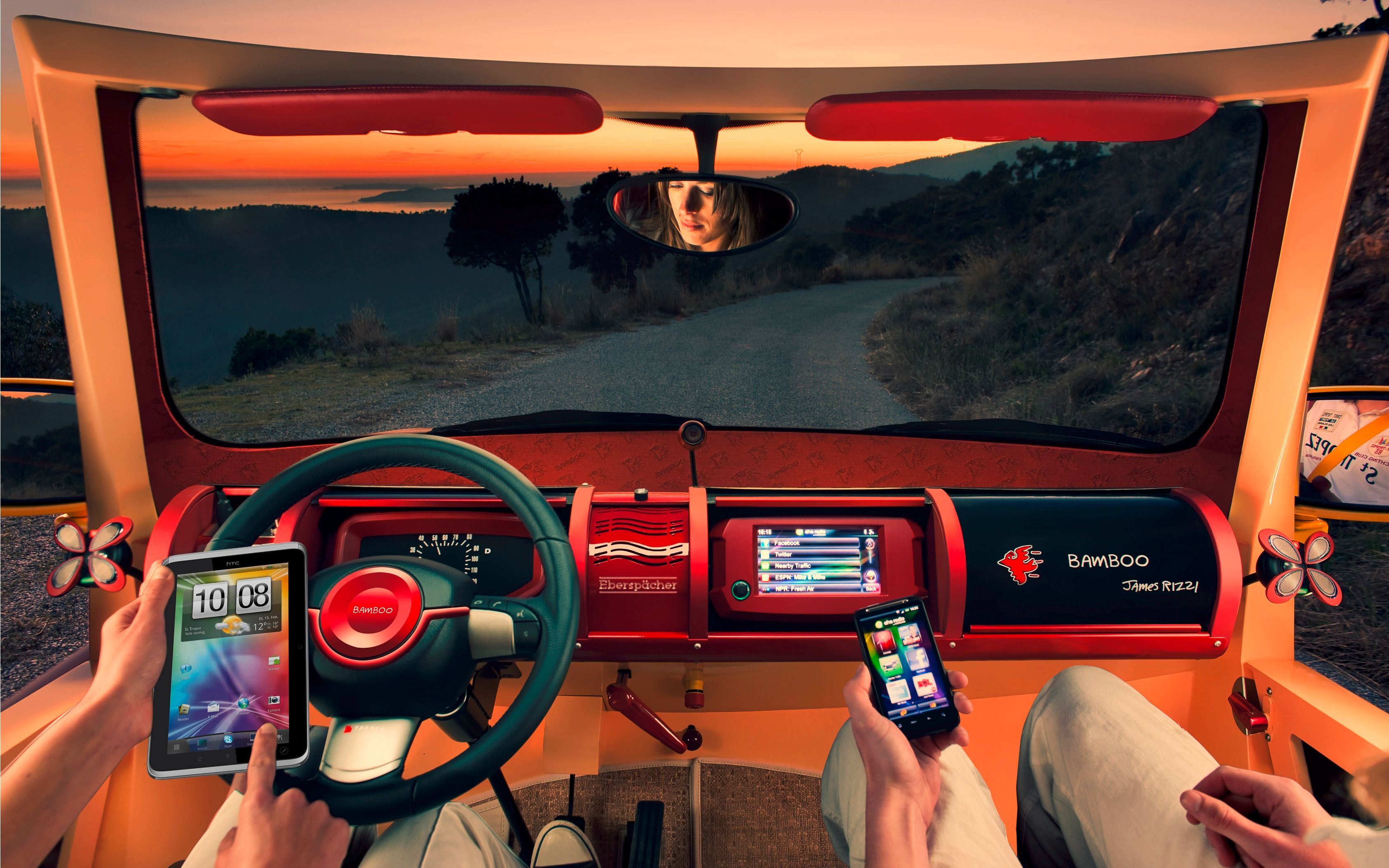
Make sure to keep your mobile phone charged – it's always good to have it ready on the go. If you've got a cable charger hooked up to the dashboard's USB port, great! Keeping a portable power bank in the car can also be a real lifesaver. And when you're heading off into more remote spots, think about bringing a two-way radio or even a satellite phone. They can be super handy in places where your smartphone might not get a signal. Stay safe and connected out there!
Know Your Location

Get to know the area around you while en route to your destination. Pay attention to any unique landmarks, distance markers, and exit signs you see from behind the wheel. This can be really important if you ever need to tell friends, family, or emergency services where you are.
Responding To Road Emergencies
Stay Calm

When something unexpected happens, it's really important to keep cool. Take a moment to figure out what's going on, make sure everyone's safe, and then decide what to do next. Stay level-headed and you'll handle it just fine.
Roadside Assistance

If you run into any trouble with your car, don't hesitate to call your roadside assistance. Let them know where you are and what's gone wrong, and then just follow their instructions. They'll help you sort everything out.
Emergency Services

If you find yourself in a serious situation like a major traffic accident or a medical emergency, don't hesitate to call local emergency services right away. Remember to stay calm and give them clear, straightforward details about what happened.
Safety Reflectors

Remember to pack reflective triangles or safety flares in your emergency kit. They're really helpful for letting other drivers know you're there, especially when it's hard to see. It's a simple step, but it can make a big difference for your safety if you're ever stuck on the side of the road.
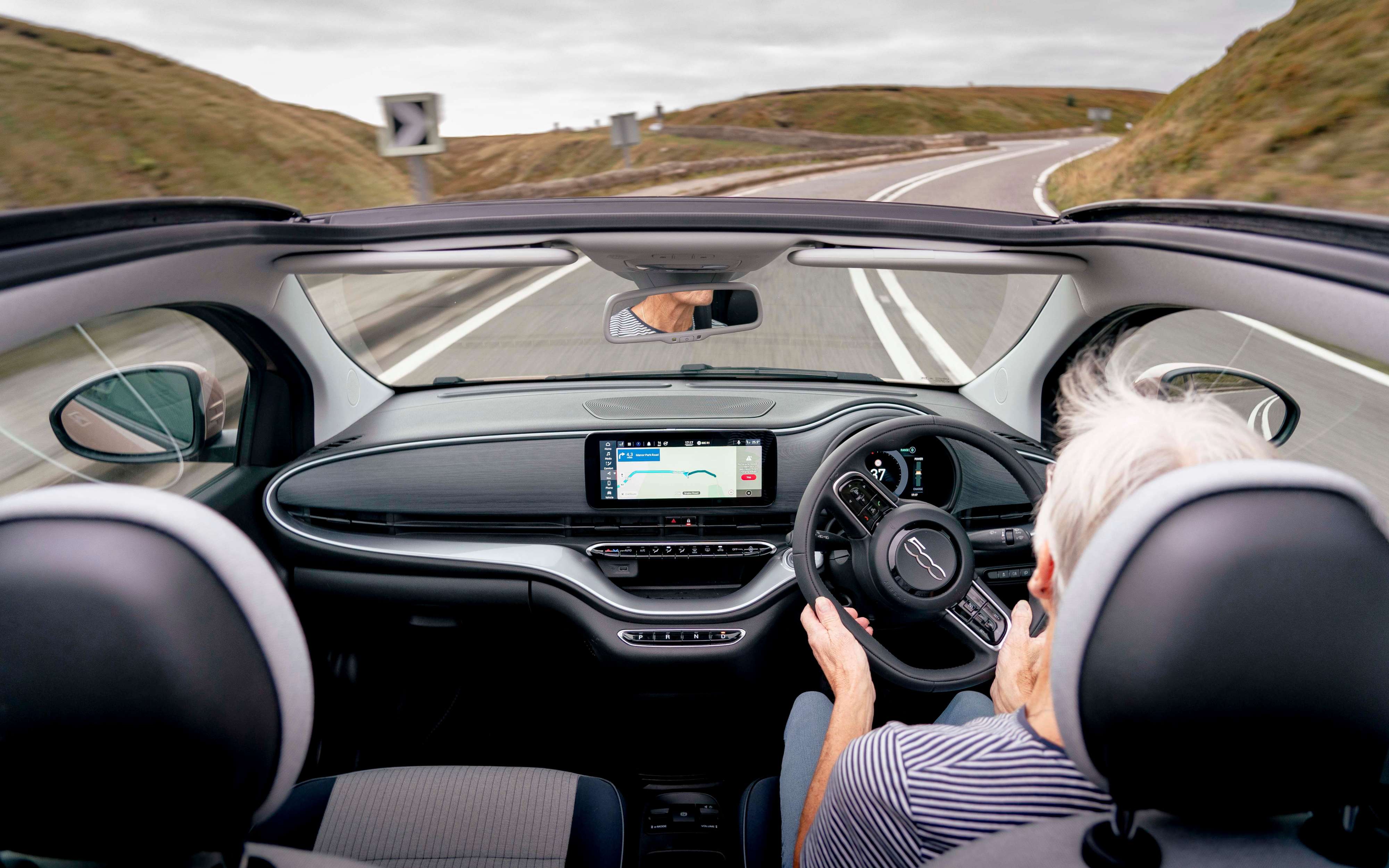 With these road-trip tips, you can hit the open road with greater confidence.
With these road-trip tips, you can hit the open road with greater confidence.